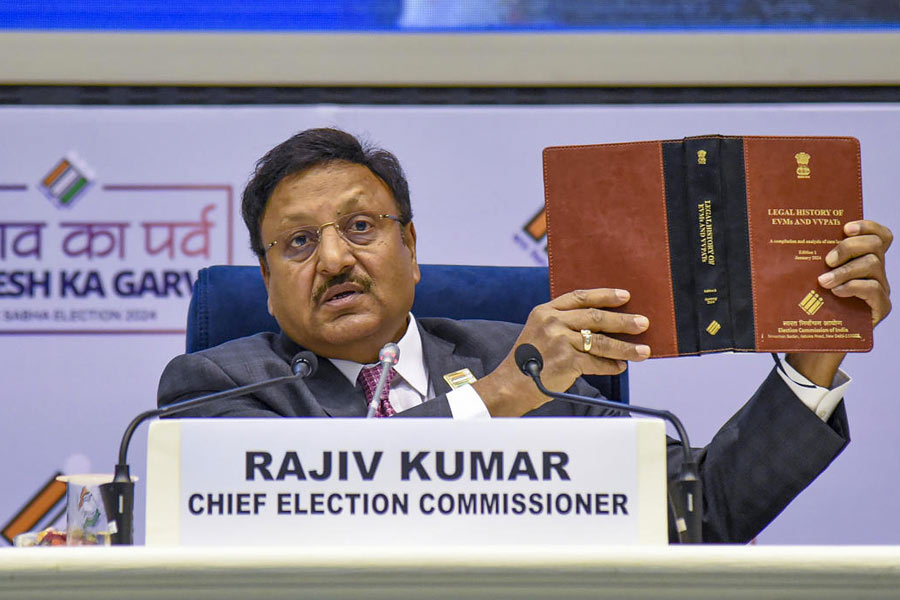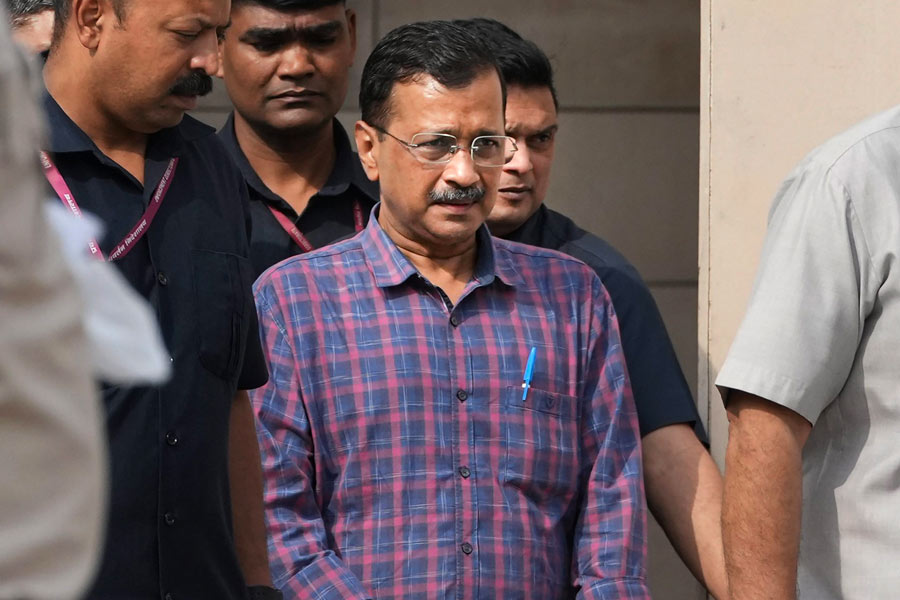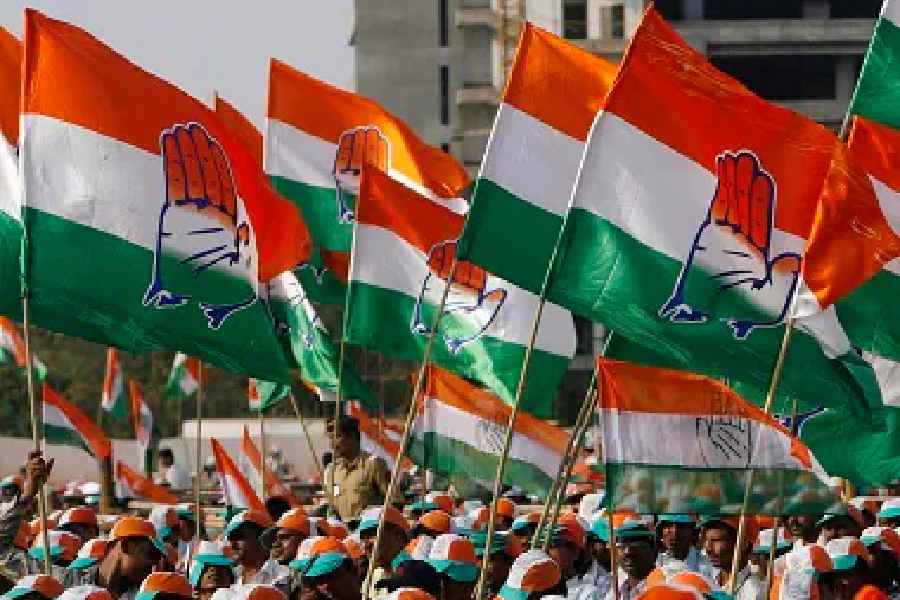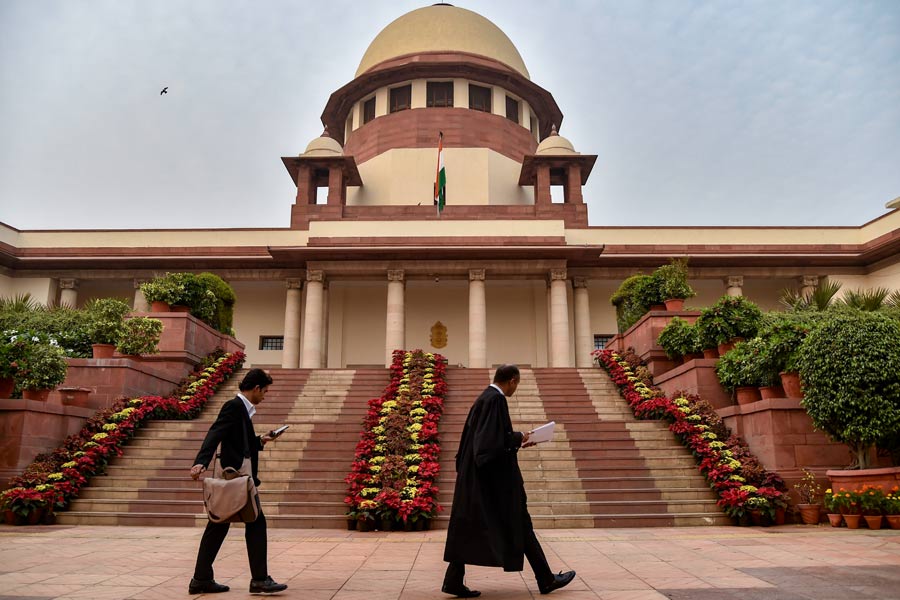Batti Gul Meter Chalu is the most mind-numbing three hours you would have spent in a movie hall in a long time. That’s saying quite a bit in a year that had Race 3.
Shree Narayan Singh — the man who launched an entire film against open defecation in Toilet: Ek Prem Katha and turned it into a Rs 100-crore money spinner two years ago — stretches yet another public service announcement into a full-length feature. This one revolves around the common man’s woes brought on by corruption in the electricity board. It also aspires to be a tale of friendship gone awry, a love triangle and a courtroom drama, but ends up doing justice to neither.
The setting is small-town Uttarakhand where bum chums Sushil Kumar aka SK (Shahid Kapoor), Lalita Nautiyal aka Nauti (Shraddha Kapoor) and Sunder Mohan aka Tripathy (Divyendu Sharma) fool around during the day and lament the town’s load-shedding woes by night.
SK is a small-time lawyer without scruples, Nauti is the town’s fashionista who dreams of going to Lakme Fashion Week and Tripathy is struggling to set up his printing factory.
Their fun and games grind to a halt when Tripathy’s factory is served an electricity bill of Rs 54 lakh brought on by a faulty meter. This plays out alongside a bizarre plot point where Nauti decides to “date” her two friends for a week each and then marry one of them.
A twist at interval point — if you’ve watched the trailer you already know what it is — changes the dynamics of the friendship and SK cleans up his act overnight to discover the crusader in him. The final hour unfolds almost entirely in a courtroom with SK locking horns with opposition lawyer (Yami Gautam’s Gulnar Rizvi) to weed out corruption in the electricity board, with the country rallying behind him.
Batti Gul… has its heart in the right place but overstays its welcome. Shree Narayan Singh wastes a lot of time establishing the town’s power cut problem and too many scenes are devoted to the friendship between the three principal characters. Singh is one of Bollywood’s well-known editors — his forte lies in snipping thrillers like Baby and A Wednesday! — but he seems to have been a little too attached to his material. Batti Gul… should have been 30 minutes shorter.
The director also adopts an unnecessary technique to tell his tale — two co-travellers on a bus narrate the story, shown in black-and-white, while the rest of Batti Gul… is in colour. In the end, their names are revealed to be Vikas (meaning ‘development’) and Kalyan (meaning ‘welfare’) and they survive a bus accident to drive home the point that ‘vikas’ and ‘kalyan’ are indeed alive and kicking in the country. Yes, that’s bizarre in a film.
If Toilet tried to legitimise stalking, Batti Gul... abounds in double entendre and sexist jokes. In court, when asked if he has facts and figures to support his case, SK cheekily says, “Facts mere paas hai, aur aapke rehte huye main figure ki baat kaise kar sakta hoon, madam?” When an elderly character asks why the residents participate in an annual game where they shoot arrows at a target in the dark, the answer given is, “Aap shaadi ke baad nahin lagaate thhe andhere mein teer?” Two boys do a chest bump and refer to each other as “bust friends”. There’s a song that goes ‘Bum mein baby bomb laga doon’. The list goes on.
Batti Gul... is perhaps the first Hindi film that should have come with subtitles. Almost all the characters speak consistently in a local dialect that becomes almost indecipherable after a while.
Many an average film has been rescued by watchable performances, but not this one. Shahid overdoes it and Shraddha fails to make a mark, while Yami has too small a role to leave an impact. The music (credited to Anu Malik, Rochak Kohli and Sachet-Parampara) is pedestrian, with the viewer suffering through songs like, When you getting gold, why go for tamba... when you getting Gabbar, why go for Samba?










